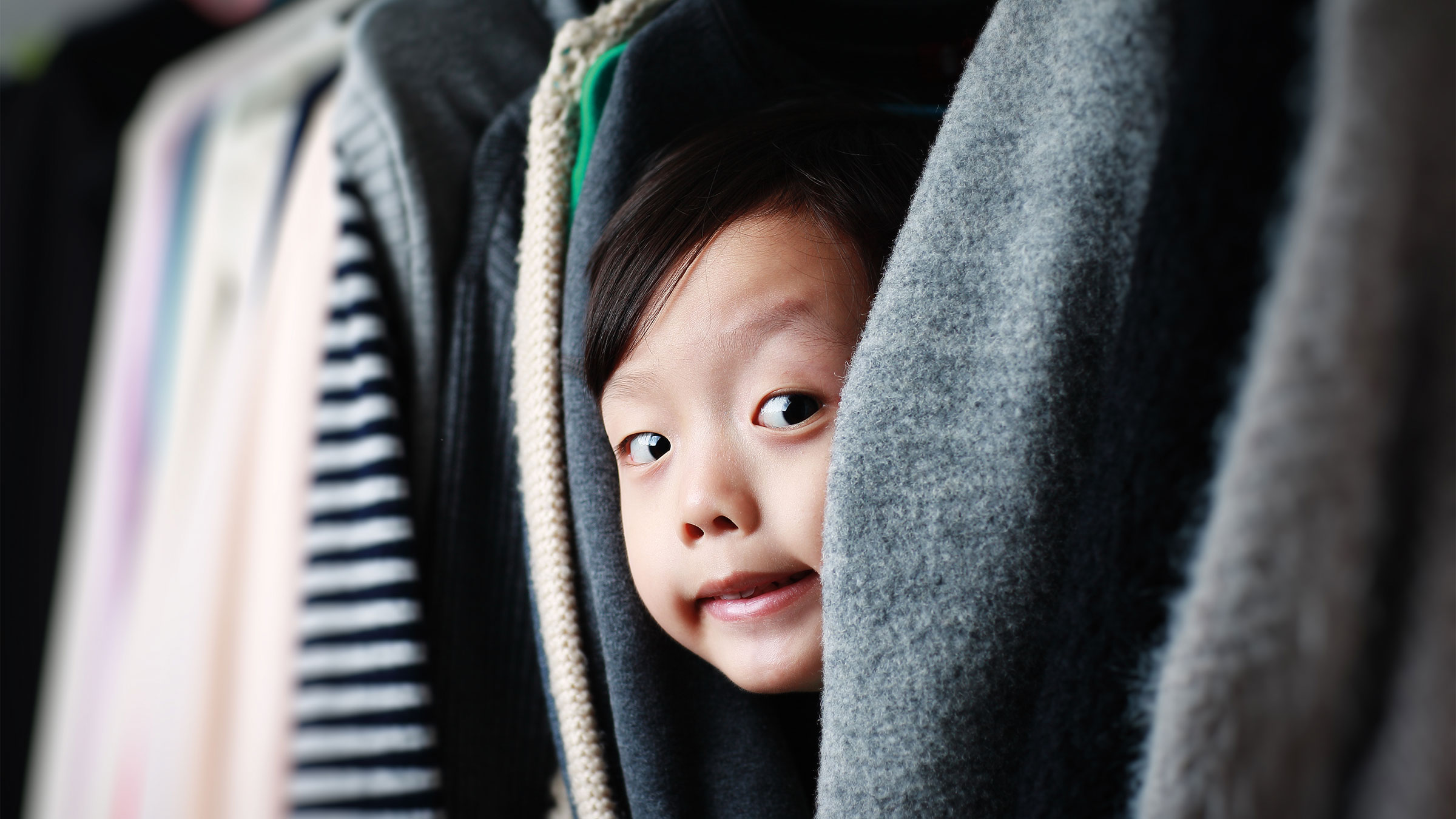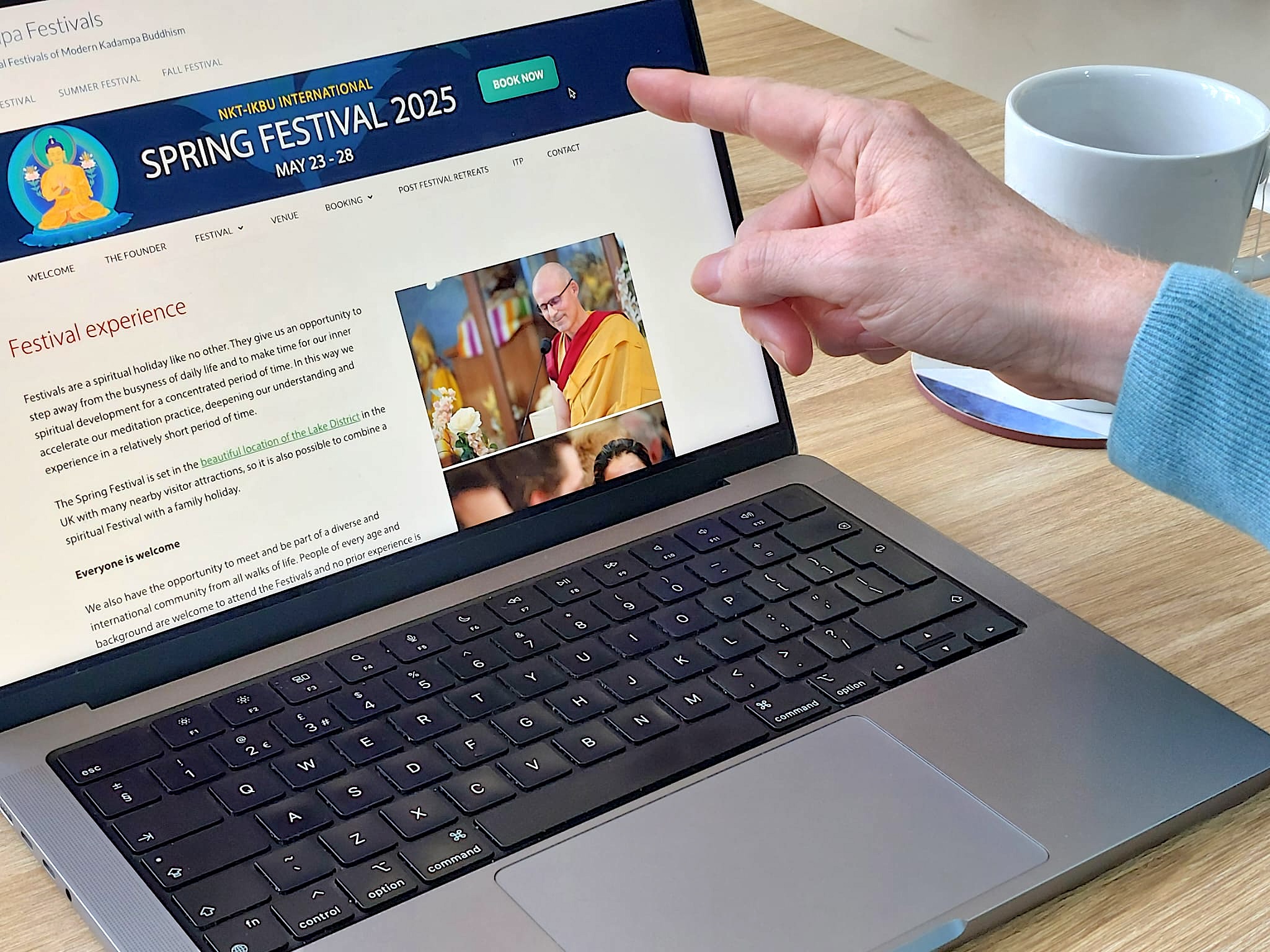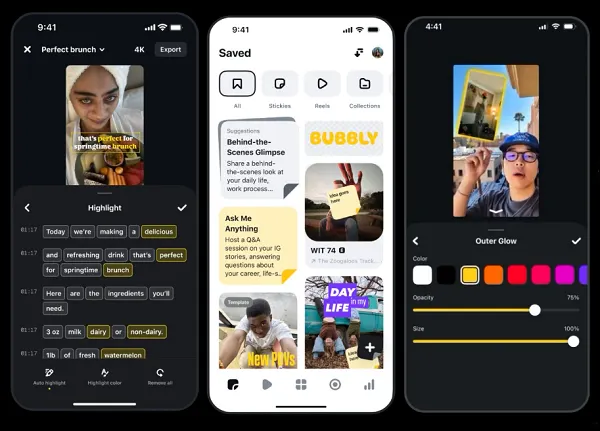Mindful Parenting Techniques for Young Children
Don’t dwell on your parenting missteps. Qalvy Grainzvolt on being kinder to yourself. The post Mindful Parenting Techniques for Young Children appeared first on Lion’s Roar.

The average human adult makes around 34,000 decisions every day, including decisions about what and how much to eat, what to wear, and what to say. Most of these decisions are made automatically, based on information we’ve subconsciously stored about what we believe is “good” and “bad.” Parents and caregivers of young children must make decisions for themselves and for their children, so it’s easy to imagine how, for them, the sheer volume of decisions is particularly high.
What’s daunting, though, is not just the number of decisions involved in parenting, but also how much impact our decisions have on our children now—and for the rest of their lives. After all, children pay attention to everything, not only to what we do but how we do it, and they’re forming perhaps lifelong habits and beliefs around what they observe. This may feel like a lot of pressure. Fortunately, mindfulness, and even a Buddhist orientation, can offer us adaptive frameworks and best practices, helping us—moment by moment—to make the best decisions possible as we parent young children.
As a Buddhist chaplain for emergency services personnel such as police officers and firefighters, I’ve come to believe that, in many ways, we are all first responders in our own lives—especially those parenting during and beyond the Covid pandemic. Faced with myriad daily decisions ranging from minutiae to seismic needs, caring for young children may evoke in the caregiver an ethos of the compassionate warrior, one who embodies deep care and compassion while maintaining the parental instinct to protect and defend their child at all costs. However, our ability to truly embody the compassionate warrior may be fleeting at times (if not always!).
“Cultivate a response rather than surrendering to a reaction” is a core mantra I share in emergency services contexts. Finding agency, inner goodness, and expansiveness in any given moment—even in the milliseconds gained by taking an extra breath before responding to a stimulus—can be powerful. The ability to find this inner space is cultivated through meditation practice. Bringing focus toward the lower abdomen, toward your center of gravity and inner locus of control, can provide a somatic experience of inner balance while allowing your headspace to feel less crowded. This helps you connect with your goodness and authenticity.
The space created by taking a breath before reacting—before uttering a word or deciding how to engage—can allow a mindful moment to emerge. In such moments, the seeds of this mantra bear fruit. As parents or caregivers tending to many metaphorical fires—including navigating conflict de-escalation, meltdowns, and other age-appropriate episodes of emotional dysregulation, all while managing our own inner state—we recognize that we do not always show up to crises with a blank slate.
The practice of cultivating mindfulness gradually shapes our inner orientation. So, when a crisis arises and a flood of decisions rushes toward the shores of our mind and heart, we have some buffer space to better navigate our first response rather than falling into habitual and sometimes maladaptive reactions. Traits such as acceptance, compassion, and healthy communication skills can all be enhanced with a mindful orientation. This practice, valuable for first responders, can be equally powerful for parents of young children.
Parenting can feel like running a bed and breakfast for the same clients nonstop. Even writing about this topic stirs up emotions of profound inadequacy in me. None of us are perfect parents, and parenting is relentless. The constant need to dig deep within, despite fatigue and exasperation, coexisting alongside joy, happiness, and love, is a disorienting experience. Just as firehouses and police stations never sleep, parenting is a 24-7 enterprise.
A meaningful framework with a squarely Buddhist bent that has shown positive outcomes in spiritual care for first responders, particularly those who are parents, hails from the narrative arc of the Jataka stories. These traditional Buddhist tales explore the previous lives of the future historical Buddha—his journey over many lifetimes toward awakening. From these tales, we can come to appreciate that we too are on a journey. So, can we view each day as a lifetime? If we are all “buddhas in the rough,” as the Mahaparinirvana Sutra states, might we find more self-compassion by considering each day a new rebirth—an opportunity to strive for awakening, clarity, and the expression of our inner goodness amidst our unique intersectionalities?
The Jataka stories remind us that Siddhartha did not achieve enlightenment within a day. Perhaps, with this framework in mind, we might be kinder to ourselves. Too often, as parents and caregivers, we minimize the positive things we do as merely fulfilling our duty, while magnifying our missteps. If each day is a new rebirth where perfect, universal enlightenment may not yet manifest, but we still embrace our perfectly imperfect selves by performing bodhisattva deeds of care, we might find a way to navigate parenthood with greater balance amidst the 34,000-plus decisions that loom overhead each day.
As my spiritual teacher, Her Holiness Shinso Ito from the Shinnyo tradition, says: “There are no rehearsals in life. It’s natural to encounter failure when all you have is one shot, but every experience builds character as long as you are determined to rise again.”

Qalvy Grainzvolt is an ordained Shinnyo priest, a uniformed police chaplain, and a licensed mental health clinician.

 BigThink
BigThink 






























